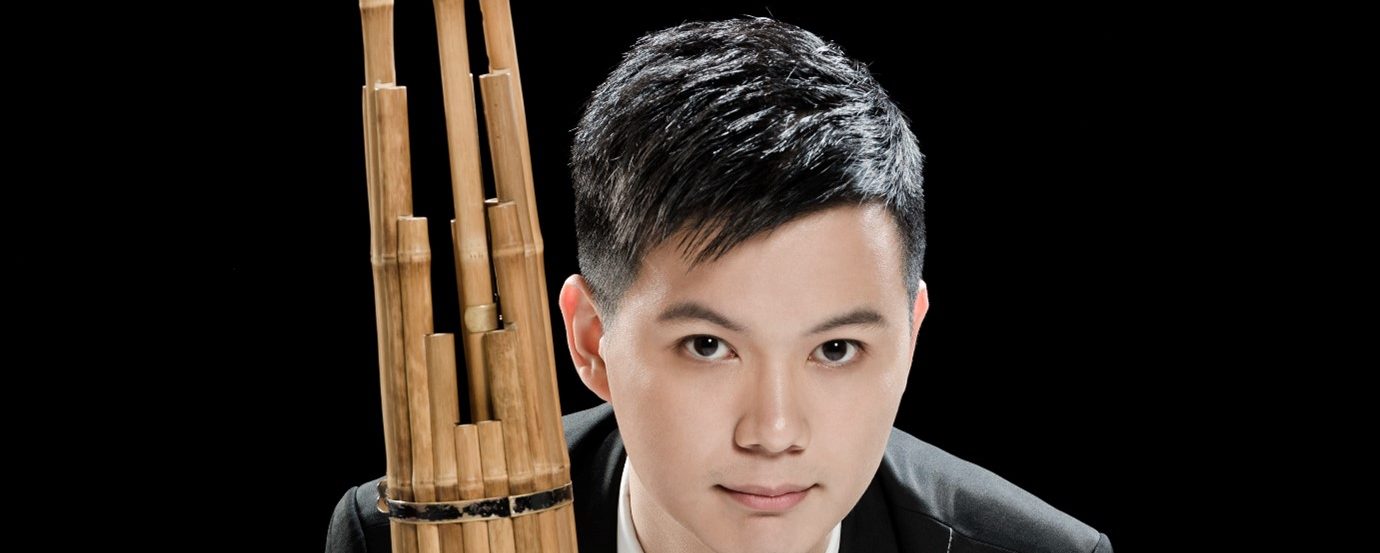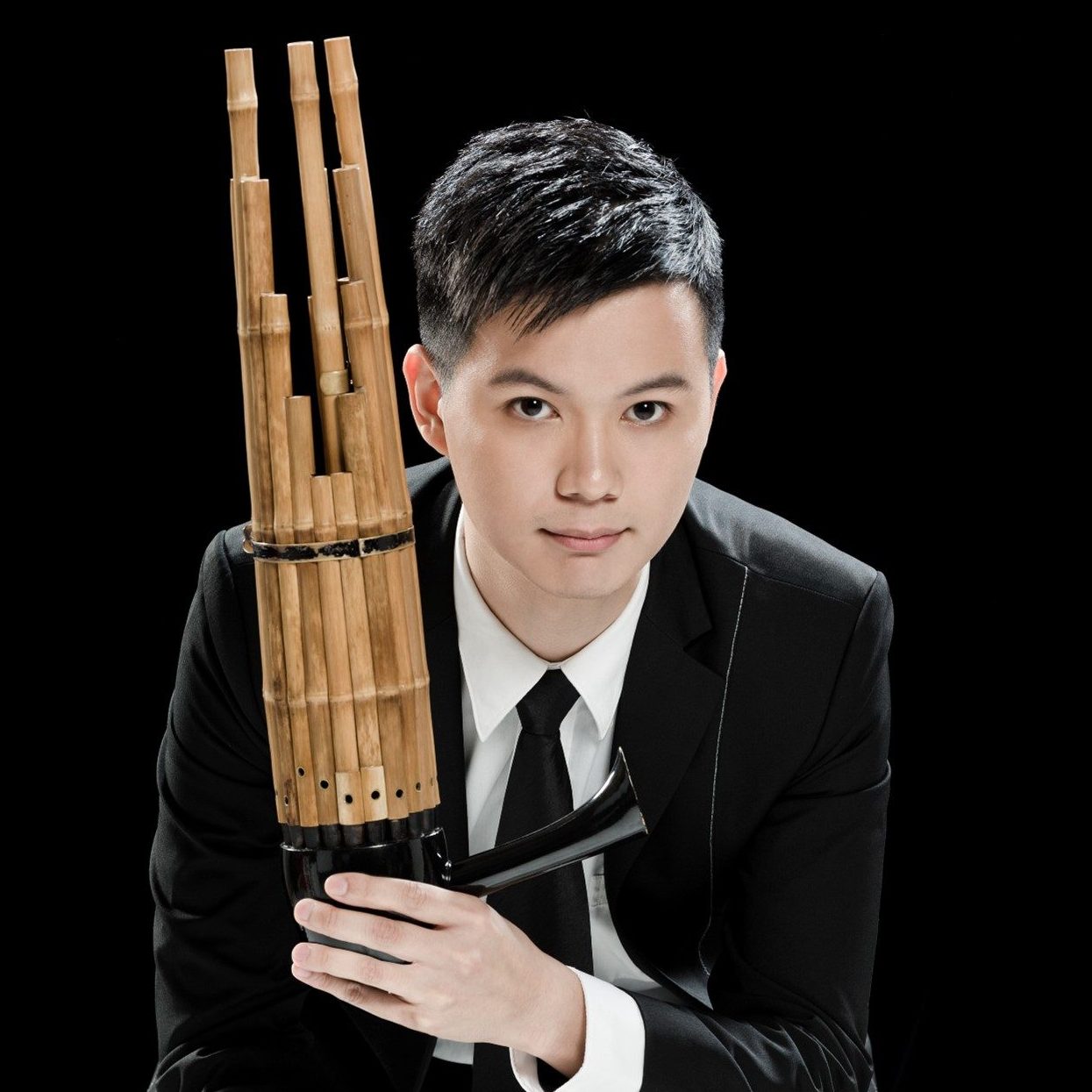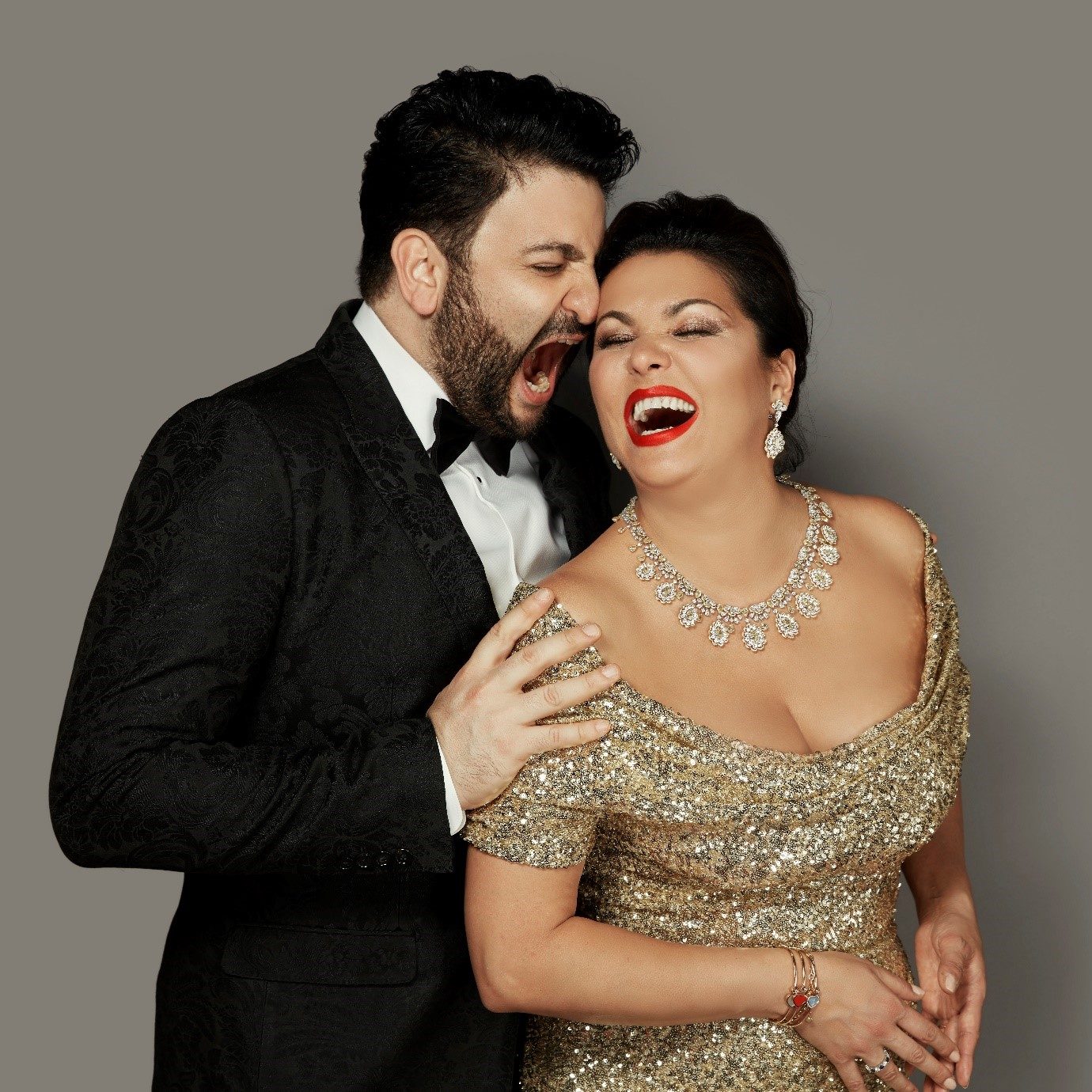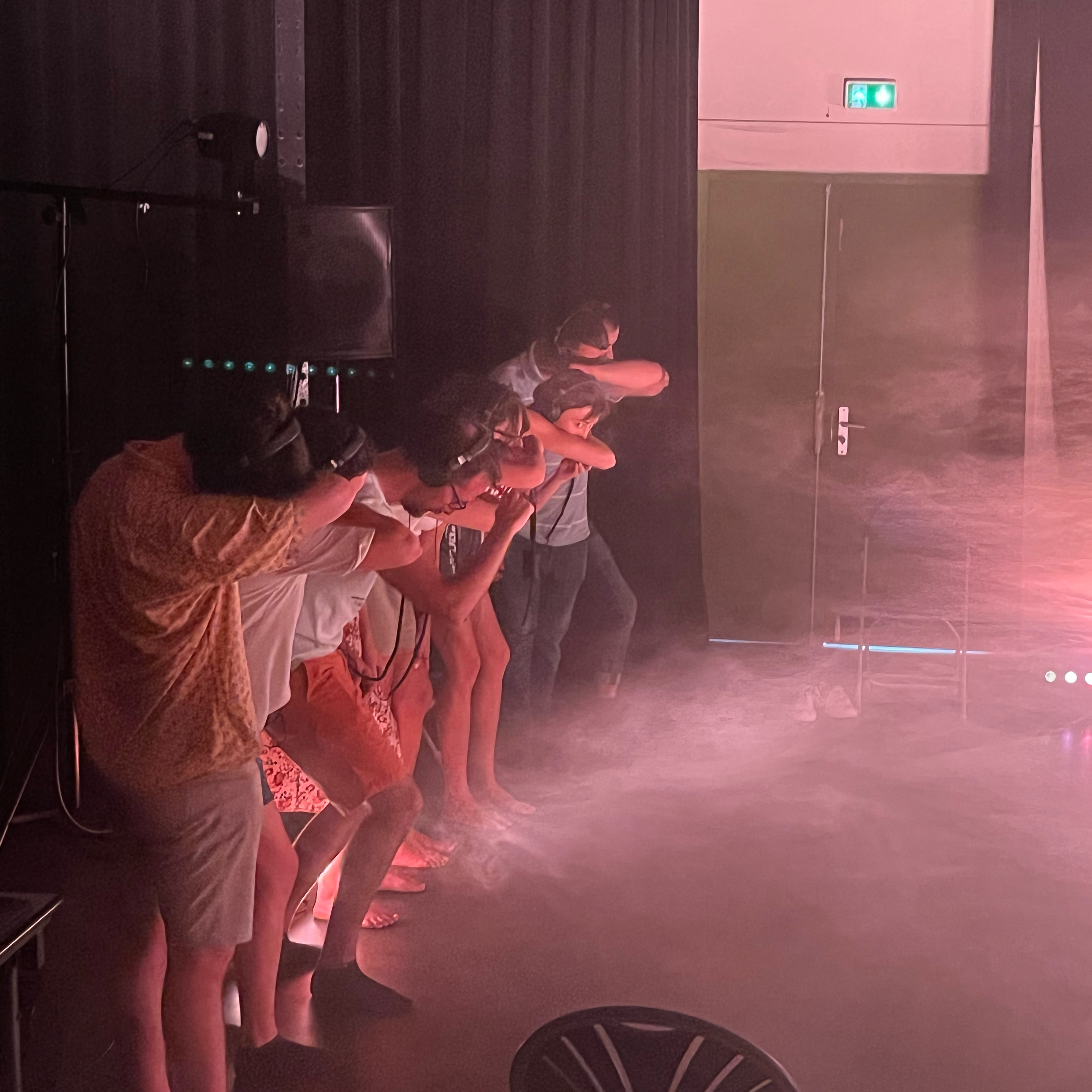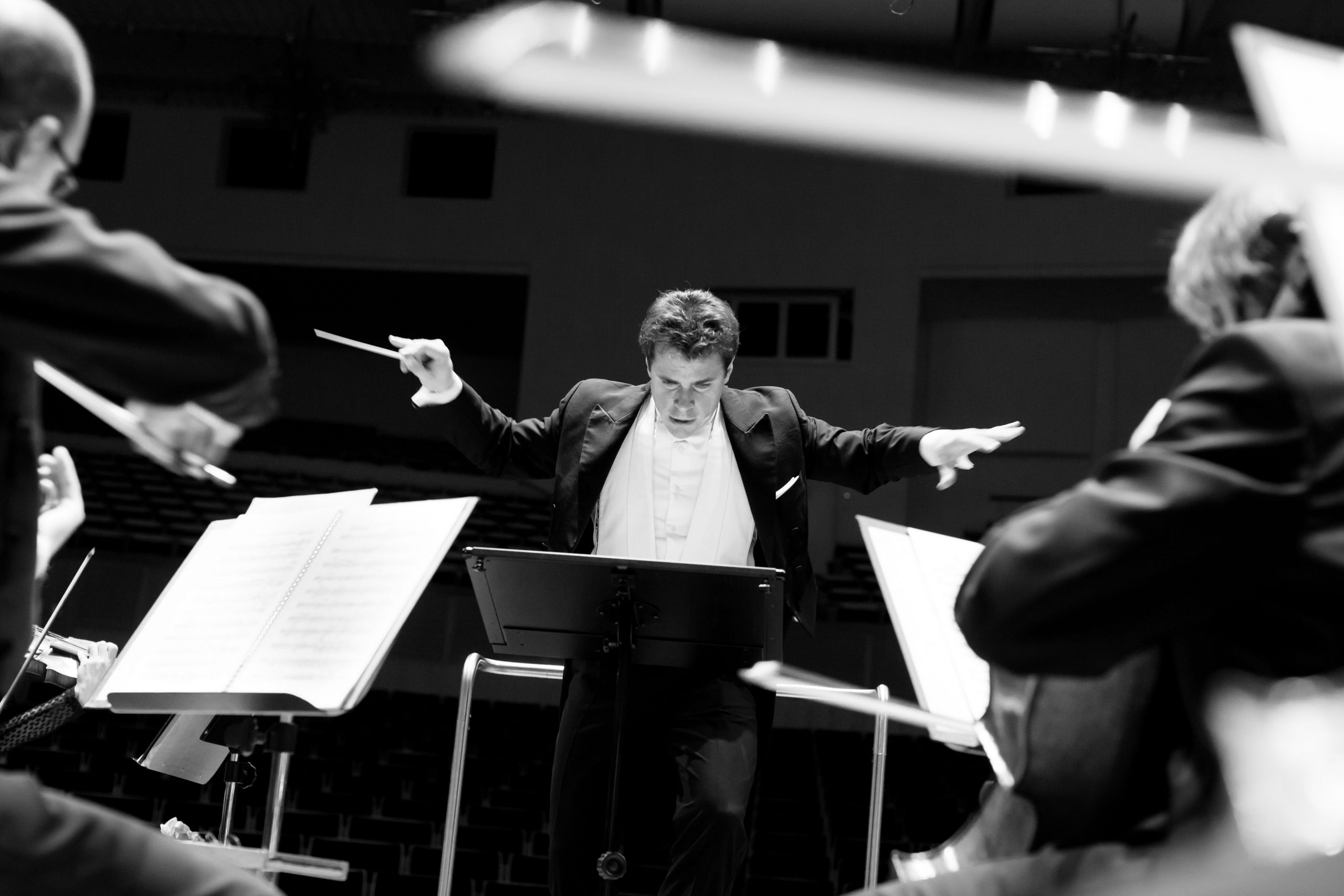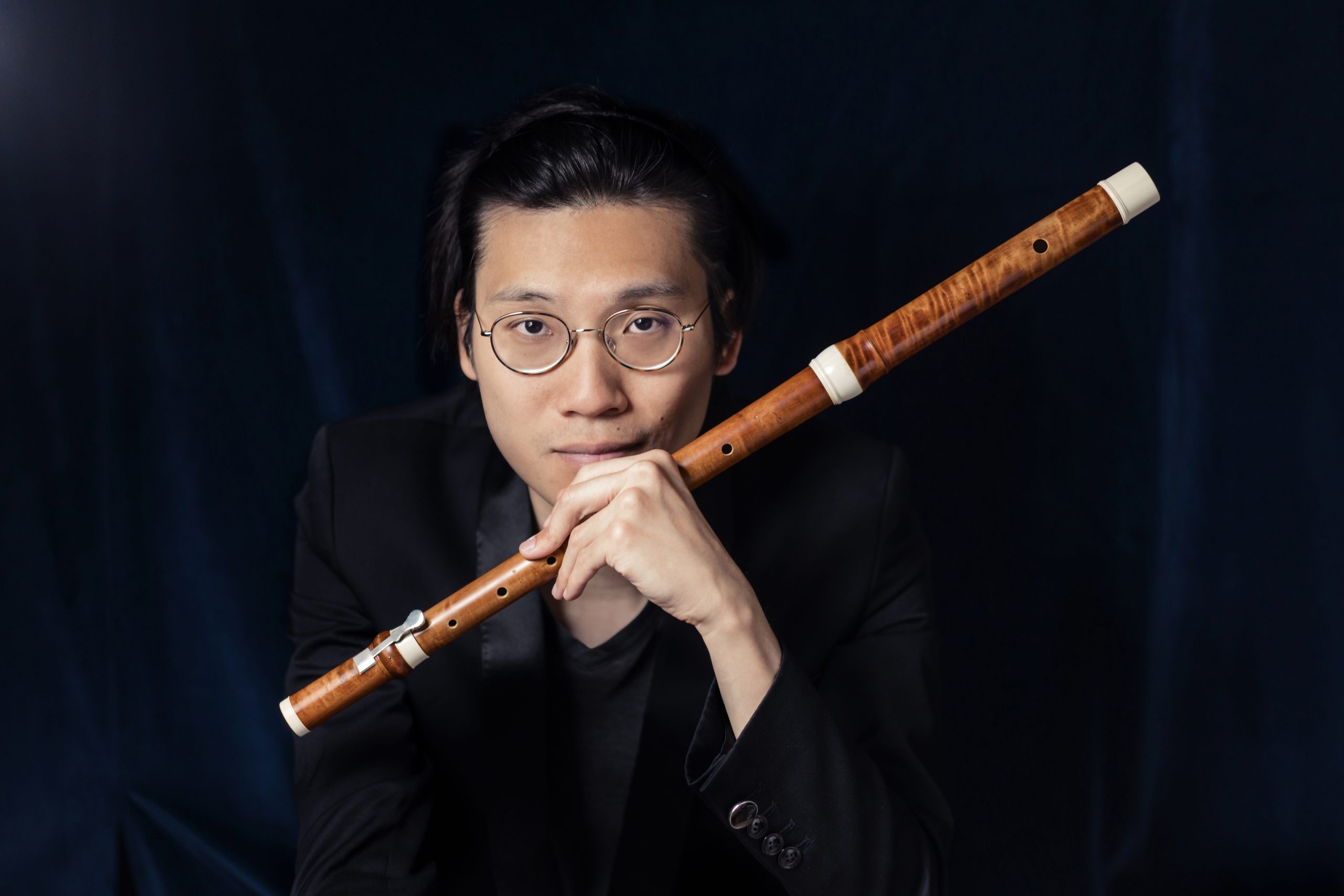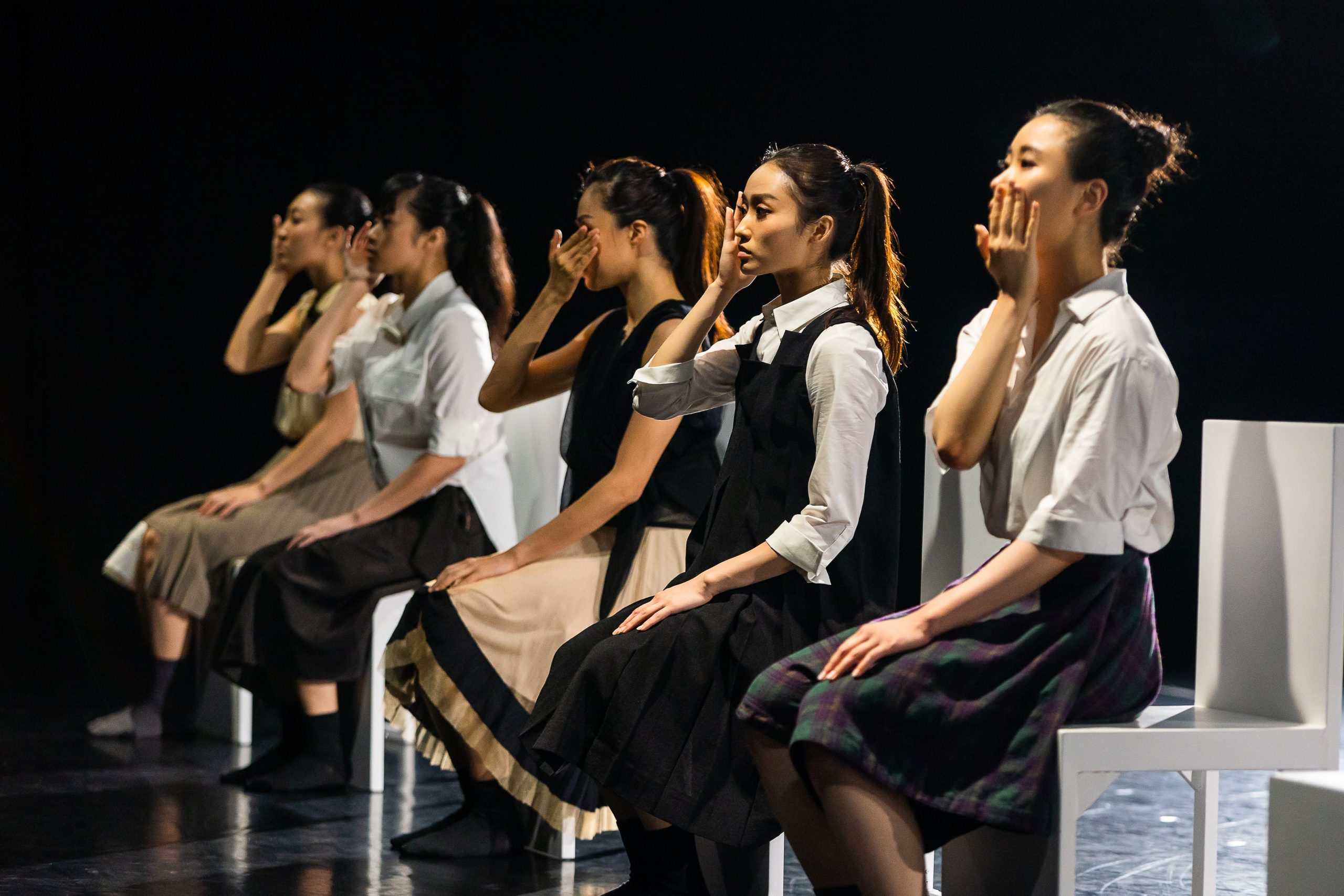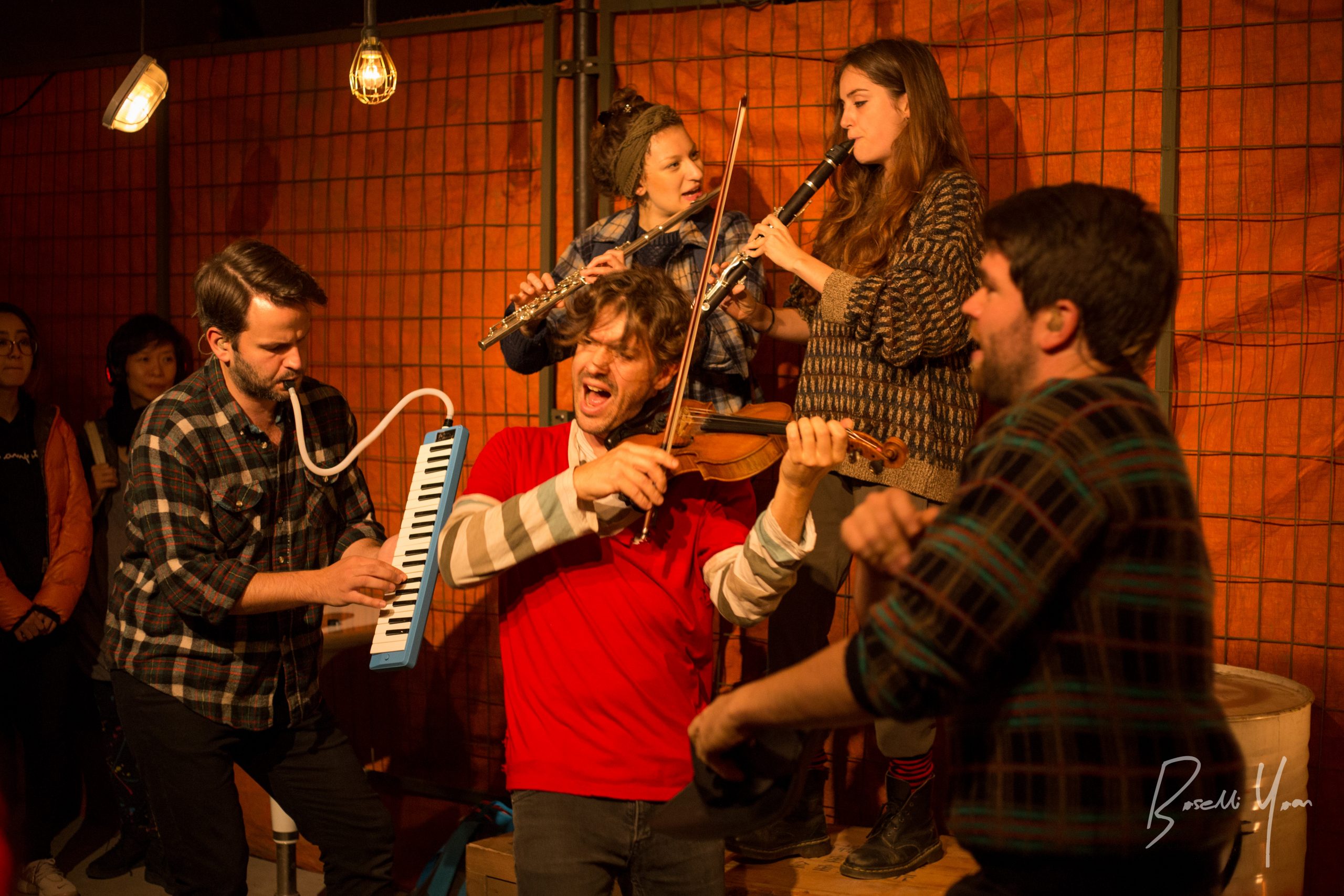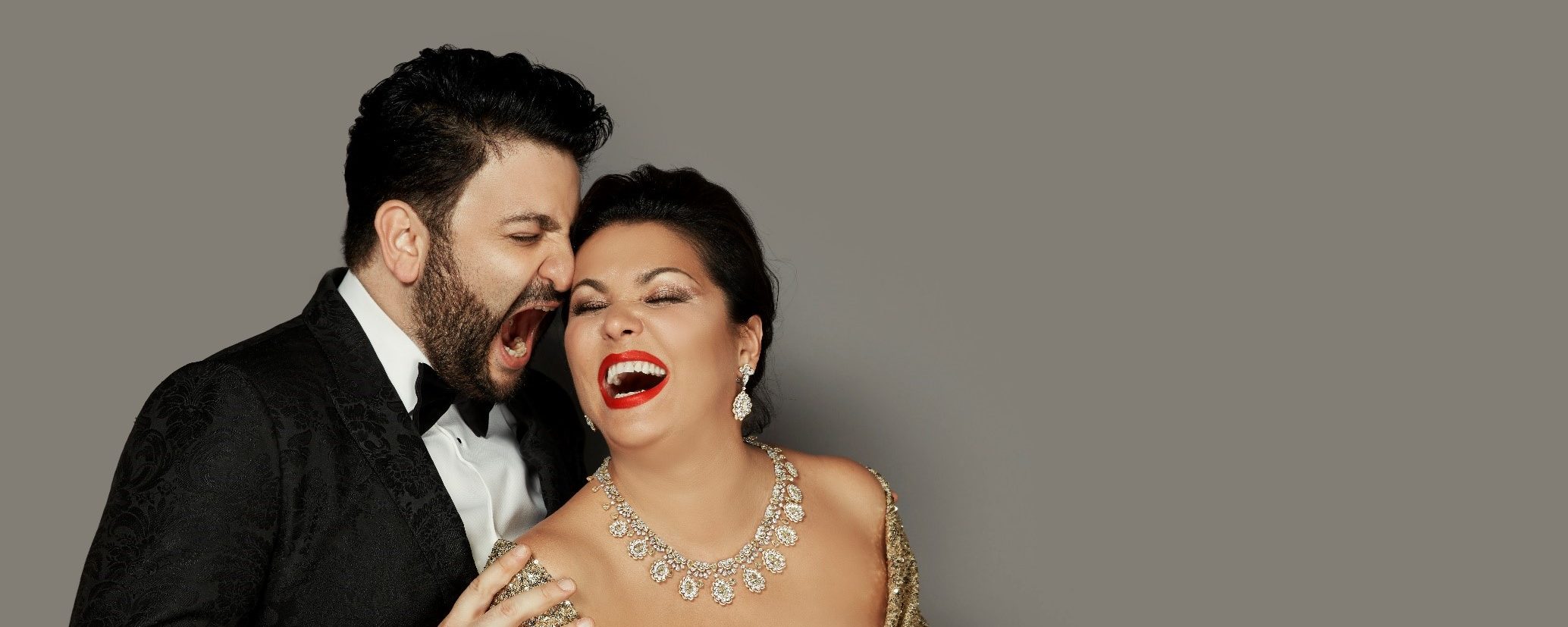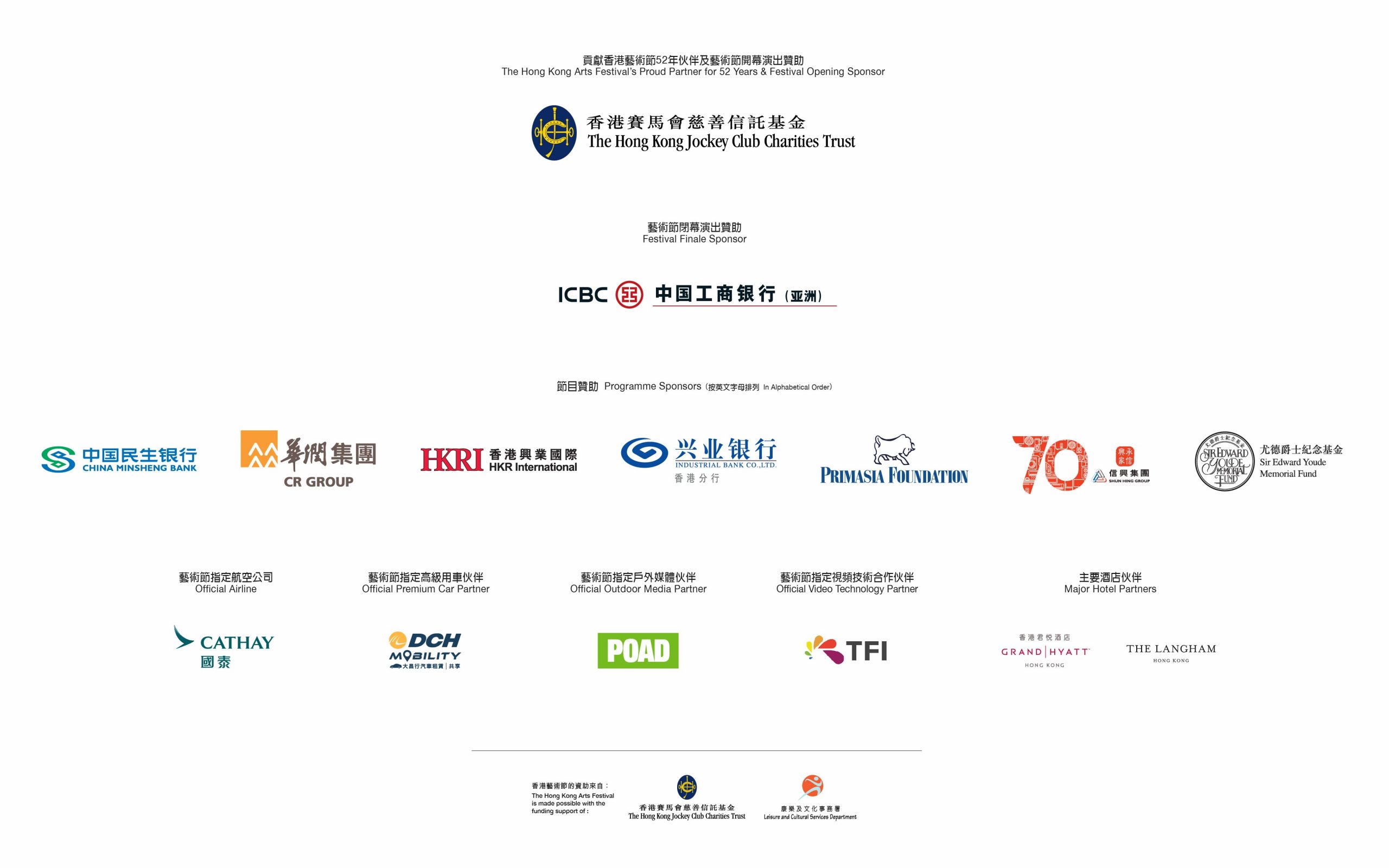The Chinese sheng has a long history, so how can it be used to interpret the meaning of "tradition" in modern times? At the upcoming Hong Kong Arts Festival, Hong Kong-born sheng musician Kevin Cheng will bring us a programme that attempt to answer this question.
Searching for the roots of the sheng
Encyclopedia Britannica tells us that the earliest image of the sheng dates back to around 1100 BC, and the earliest surviving instrument can be traced to the Han dynasty. It has mainly been an ensemble instrument throughout its 3,000 years of history. Hong Kong-born sheng musician Kevin Cheng says: "Since the founding of Modern China, all disciplines have been flourishing, and the sheng needed its own traditional repertoire. Therefore, Shanxi-born composer Hu Tianchuan wrote The Phoenix Unfolds its Wings in 1956 and established the sheng solo tradition. It was convenient that Hu based it on Shanxi traditional bangzi tunes."
A custom-made performance
Cheng's fateful encounter with the musical instrument goes back to his first year in secondary school, when he joined the Chinese orchestra and picked up the sheng on his teacher's recommendation, both because it sounded good and no-one else was playing it. The next year, Cheng won an inter-school music competition with his sheng, and the rest is history.
Cheng recalls a memory from his school days: "I studied in a church school, and the hymnbook used numbered musical notation, which was also used in Chinese musical scores when we learned them. A fellow sheng player at school picked up the hymnbook and started playing hymn tunes with the sheng. It was unexpectedly beautiful! While I worked in Singapore during the past few years, I also saw the development of diverse possibilities in Chinese music. Singapore, being so multicultural, does not share the burden of 'inheriting tradition' as in mainland China." Cheng believes that as the sheng does not have an historical soloistic tradition, there are infinite possibilities when it comes to writing new music or arrangements for the instrument.
Cheng will present a diverse programme for traditional sheng and keyboard sheng with traditional Chinese, Nanyang (Southeast Asian), Indian and Western elements. Cheng particularly likes one of the commissioned works, A Martial Dance, by Hong Kong composer Pong Law, in which popular Chinese tunes from martial arts films are quoted. The sheng player also participated in the creative process, making the piece an idiomatic and virtuosic display of the instrument.
In Cheng's ingeniously arranged programme, tradition and modernity collide and intermingle with each other, materialising an intercultural dialogue that transcends time and space through music.
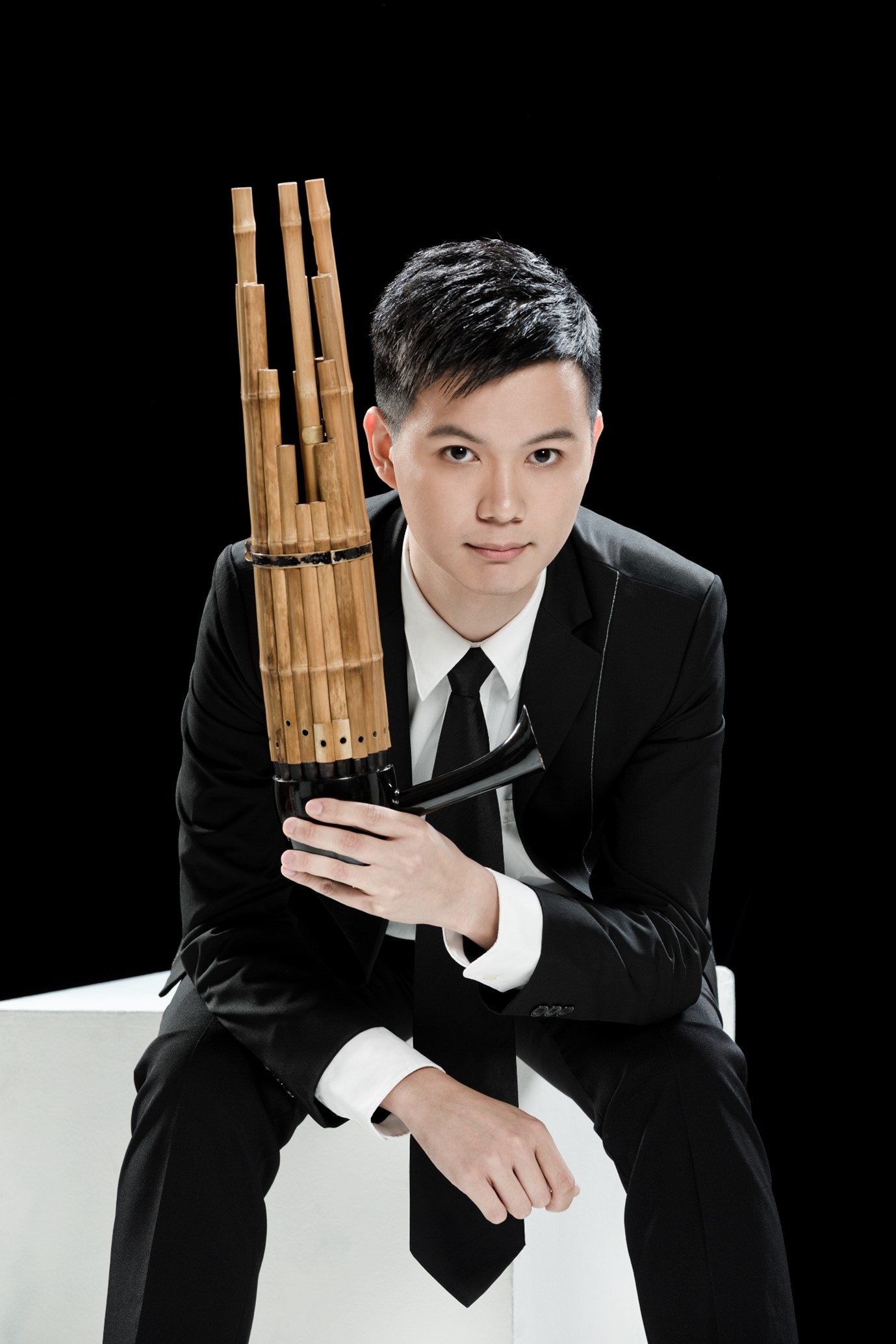
Sheng World Music—Kevin Cheng & Friends
Detail: https://www.hk.artsfestival.org/en/programme/sheng_world_music
